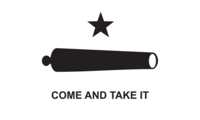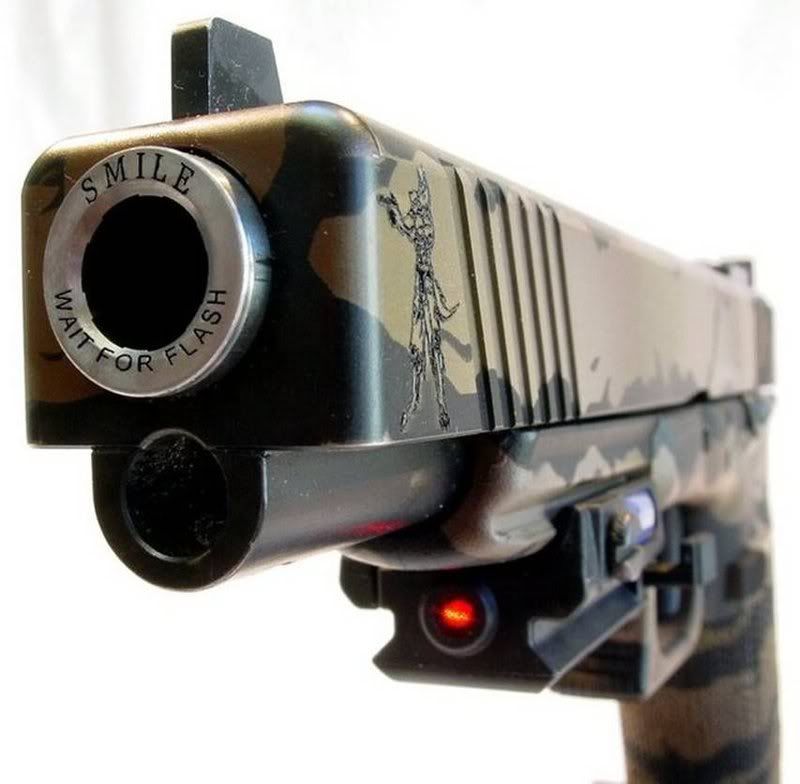Point 1: AFAIK, the root "source" would be Geoff Thompson in the UK; I was taught/learned aspects of it second-hand. Basically, you want to get your hands up at least to shoulder level, palms facing forward. In most cultures, the outward-facing palm connotes a message for the observer to "stop". The hands serve as both a visual and a floating physical barrier when dealing with an unknown contact. Also, this position transitions nicely to various temporary defaults that can mitigate the damage if the unknown contact strikes you first.Russell wrote:Can you explain more on point 1 and 2?yerasimos wrote:What I like to do/have been taught for these unknown contacts:
* two-handed, eye-level "fence"
* 90-degree step-off from unknown contacts' vector
Point 2: this gets you "off the X" at least temporarily, and re-orientates you so that you can get a minimal, peripheral visual check of your former 6, in case the unknown contact in front of you is just a decoy to distract you from an accomplice seeking to attack you from behind. I learned this from the same bunch that has served as a major stateside conduit for the "fence"; as far as I know, point 2 is original with them.
Anyone can get ambushed, given worst-case scenario timing and circumstances. Just about everyone falls short of Jeff Cooper's ideal of constant condition yellow. Even the people I learned from admitted to occasionally getting surprised and "taken in" by unknown contacts.Russell wrote:Does anybody here let the panhandlers get close enough to you where they could do damage quickly? I know for a fact I did, mainly because I did not want to increase the hostility of the situation by yelling "Back up. Don't get close to me!" I do not know how to handle a situation like that comfortably where I can still feel that I maintain complete control of the situation. Any pointers?
Keep the verbal loop as brief and simple as you can. "Back up" and "go away" are clearly understood and roll off the tongue pretty easily. There is no need to insult or provoke the other person, but neither is there any need for politesse or charm. Some espouse using profanity for its effectiveness; these same people also recognize that if used, it must be used for the purpose of emphasis, not for insulting the other person. (Think about it a little and it should be easy to figure out.) Myself, I would prefer to use escalating vocal volume over profanity, because of the witness effect (as ELB alluded to) and to keep the loop simpler.
Just to be clear, I would prioritize dealing with the unknown contact over taking extra effort to prep witnesses or trying to access a non-deadly force tool like pepper spray, particularly when the unknown contact is within 6 feet. If the fight starts at that distance, you must be alert and start with whatever is in hand right then, which is frequently nothing. Plan accordingly.


